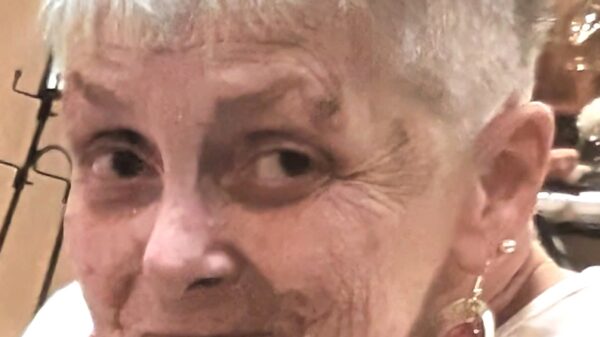Jade Thirlwall, the 32-year-old singer known for her work with the British girl group Little Mix, has publicly addressed her struggles with weight loss medications and a history of eating disorders. In an interview with The Guardian, Thirlwall revealed that resisting the temptation to use Ozempic, a drug commonly associated with weight loss, is a daily challenge for her.
Thirlwall described her internal conflict, stating, “I have a daily battle with myself not to go on Ozempic. I don’t judge people that do, but because I have a history of eating disorders, I don’t know where taking something like that would end for me.” Her candid remarks highlight a growing concern among many individuals regarding the use of weight loss medications, particularly in the context of mental health and body image.
Reflections on Body Image and Public Perception
The singer emphasized the empowerment message that her fans have celebrated, stating, “Little Mix fans were all about empowerment and celebrating your body however you look.” Despite feeling healthier than ever, Thirlwall has faced scrutiny regarding her body, noting that comments often speculate about her pregnancy. “The sad thing is that it’s usually women,” she remarked, reflecting on the societal pressures women face regarding their appearance.
Thirlwall also acknowledged that her past struggles with eating disorders were evident during her time with Little Mix. She recalled, “I didn’t think it at the time, but when I look back at photos of periods when I was quite unhappy, I think, wow, girlie, you were very, very thin.” This self-reflection underscores the importance of understanding the impacts of public perception on personal health.
The Broader Conversation on Eating Disorders
Thirlwall’s openness adds to the ongoing dialogue about body image and the influence of celebrity culture on mental health. She expressed that when faced with feelings of losing control, she would often resort to food restriction as a means of regaining control, describing it as “a means of controlling my life in a very toxic way.”
As celebrities increasingly speak out about their experiences with weight loss medications and body image, Thirlwall’s insights resonate with many who face similar struggles. Her story serves as a reminder of the complexities surrounding body image, media influence, and personal health, encouraging a more compassionate understanding of these issues.
Through her candid reflections, Jade Thirlwall not only advocates for acceptance but also urges a broader conversation about the importance of mental health and self-love in an industry that often prioritizes appearance over well-being.







































































